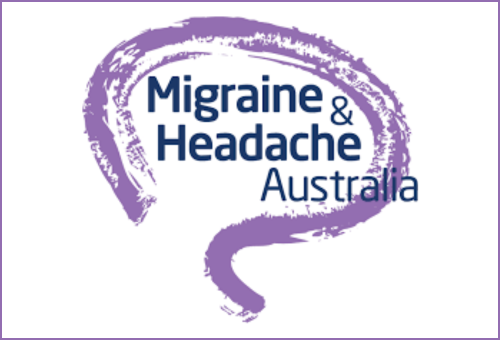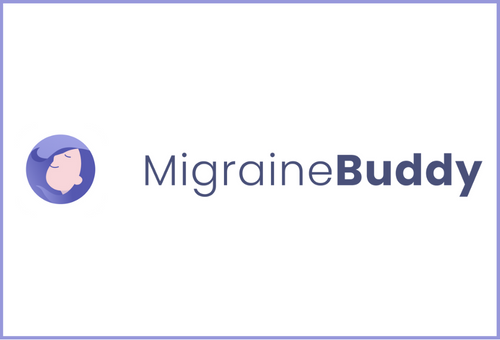Brain-Related Comorbidities of Migraine
You are currently watching a preview of this interview. Unlock the full version by upgrading to an Access Pass bundle! Get FREE access to 8 expert interviews from Day 1 and Day 2 when you register today!
Key Questions
- What is a comorbidity?
- What are the most common comorbidities of migraine?
- What links these conditions to migraine?
- How are depression and anxiety identified?
- What is epilepsy, and how is it related to migraine?
- If seizures are instigated by a migraine attack, can treating that migraine attack earlier effectively prevent the seizure?
- What is multiple sclerosis (MS), and how is it related to migraine?
- What is fibromyalgia, and how is it related to migraine?
- What is the role of central sensitization?
- What is stroke, and how is it related to migraine?
- Is there evidence supporting a connection between migraine and the risk of stroke?
- How does the risk of stroke influence the choice of medications for treating migraine?
- What is insomnia, and how is it related to migraine?
- A recent article proposes a strong circadian nature of migraine. What does this suggest about the connection between migraine and sleep disorders?
- What considerations are important when managing treatment of migraine with any comorbidity?
Interview Notes
- dawnbuse.com
- PubMed
- Albert Einstein College of Medicine
- Headache Cooperative of the Pacific
- Study: “Migraine in America symptoms and treatment (MAST) study: Baseline study methods, treatment patterns, and gender differences”
- Study: “Circadian features of cluster headache and migraine”
- Study: “Demographics, headache features, and comorbidity profiles in relation to headache frequency in people with migraine: Results of the American migraine prevalence and prevention (AMPP) study”
- Study: “The impact of chronic migraine: The chronic migraine epidemiology and outcomes (CaMEO) study methods and baseline results”
- Study: “Migraine signature study (MSS)”
- Study: “International burden of migraine study (IBMS)”
- Study: “Diagnosis, consultation, treatment, and impact of migraine in the US: Results of the OVERCOME (US) study”
Treatments Mentioned
- Biofeedback
- Cognitive behavioral therapy (CBT)
- Exercise/movement
- Healthy diet
- Hydration
- Mindfulness
- Oral contraceptives
- Relaxation exercises
- Sleep hygiene
- Stress management
- Triptans
- Weight management
Please note: The Migraine World Summit’s aim is to bring you a variety of perspectives and expertise, independent of bias or judgment. Alternative theories presented in this video have not been medically reviewed. Views expressed in this interview do not necessarily represent the views of the Migraine World Summit. Please always consult your health care professional and do your own research before making changes to your treatment plan.

Dawn C. Buse, PhD
Psychologist & Clinical Professor of Neurology
Albert Einstein College of Medicine
Dawn C. Buse, PhD, is a clinical professor of neurology at Albert Einstein College of Medicine. She is a member of the board of directors of the Headache Cooperative of the Pacific, and a licensed psychologist. She has authored approximately 250 scientific manuscripts and has won 15 U.S. and international research awards and professional awards for her work in the field of migraine.
She is a co-investigator on numerous U.S. and international studies, including the American Migraine Prevalence and Prevention (AMPP) study; the Chronic Migraine Epidemiology and Outcomes (CaMEO) study; the Migraine Signature Study (MSS); the International Burden of Migraine Study (IBMS); the Migraine in America Symptoms and Treatment (MAST) study; the Observational Survey of the Epidemiology, Treatment and Care of Migraine (OVERCOME) study; and a recipient of the FDA-sponsored Migraine Clinical Outcome Assessment System (MiCOAS) grant, which is gathering patient input for the development of migraine clinical trial endpoints. She is an advocate for the well-being of patients and healthcare professionals.
Interviews from Dawn C. Buse, PhD
Brain-Related Comorbidities of Migraine
How Migraine Affects Our Mental Health
Staying Hopeful: Treatment Burnout in Chronic Disease
Cultivating Resilience and Strength Through Migraine
How Depression Affects Your Mood: Anxiety & Depression
Is Your Family Time Affected by Migraine?
Behavioral Approaches / Impact of Childhood Abuse

Unlock the full 2026 Summit experience:
- Complete, unedited expert interviews
- Additional clinical detail beyond the 30-minute live sessions
- Revisit any 2026 session anytime
- Transcripts and audio downloads included
Related Talks for: Day 7 (2024)
Inflammation & Chronic Migraine
Gretchen E. Tietjen, MD
Could Biomarkers Improve Migraine Diagnosis?
Patricia Pozo-Rosich, MD, PhD
Migraine & Headache Australia is the only organization in Australia that has supported the more than 5 million Australians affected by headache and migraine for 20 years. Migraine & Headache Australia is a division of the Brain Foundation.
Migraine Buddy is the #1 headache and migraine tracking application. Recommended by the best neurologists in the world, we empower our users to learn and communicate about their condition. Our community of 2.8 million contribute to migraine awareness and research.

Don't lose hope if you think you've tried everything. Updated annually based on 300+ treatments mentioned by MWS experts, The Treatment Directory features 300+ treatments, therapies, devices, procedures, sand trategies to treat migraine. Only available with the VIP All-Access Pass. Learn more on the order page.







